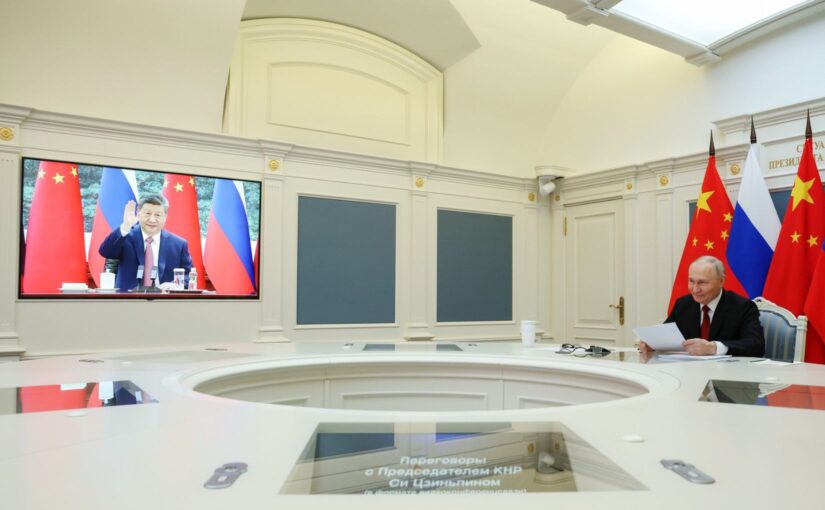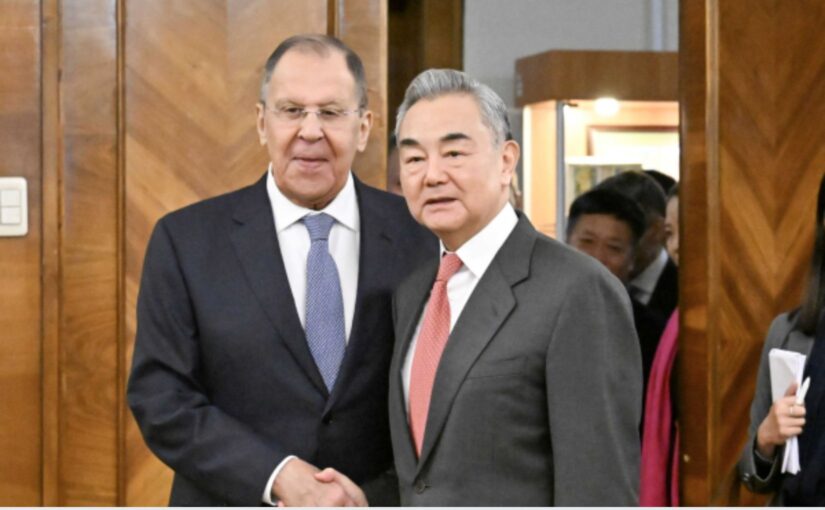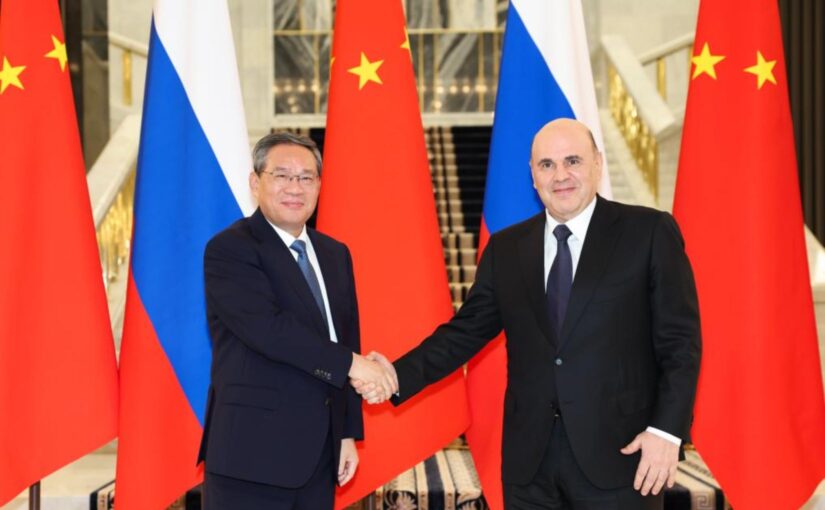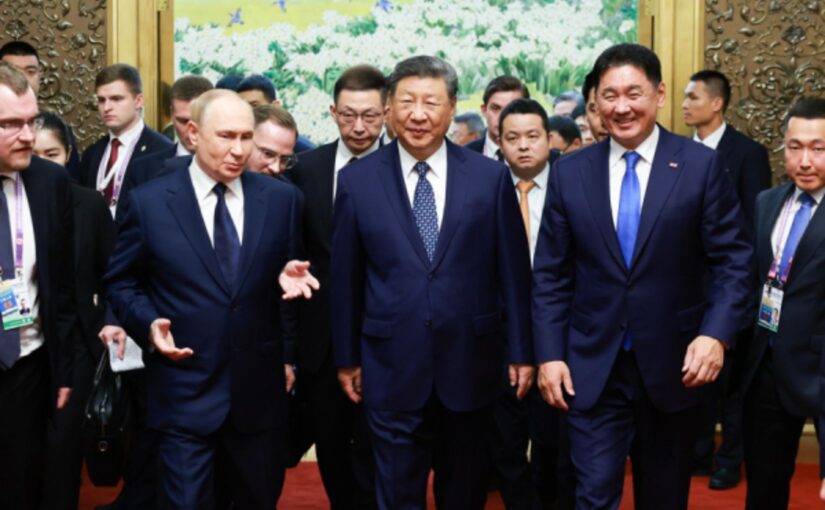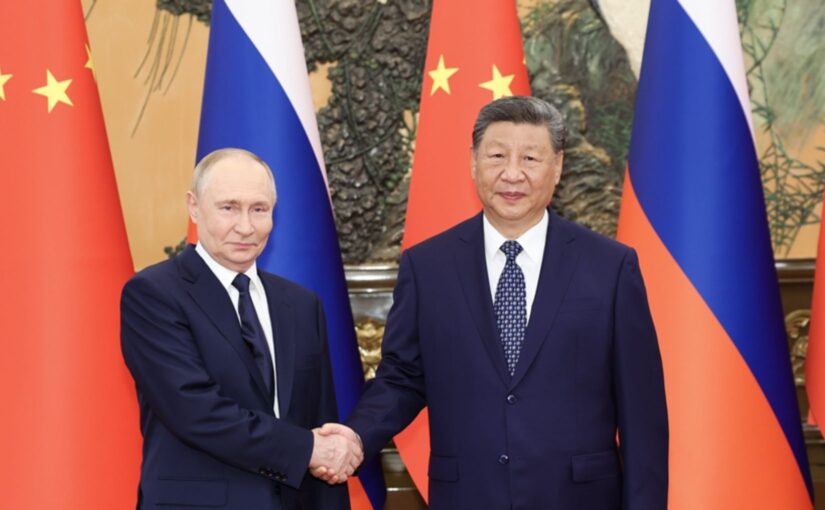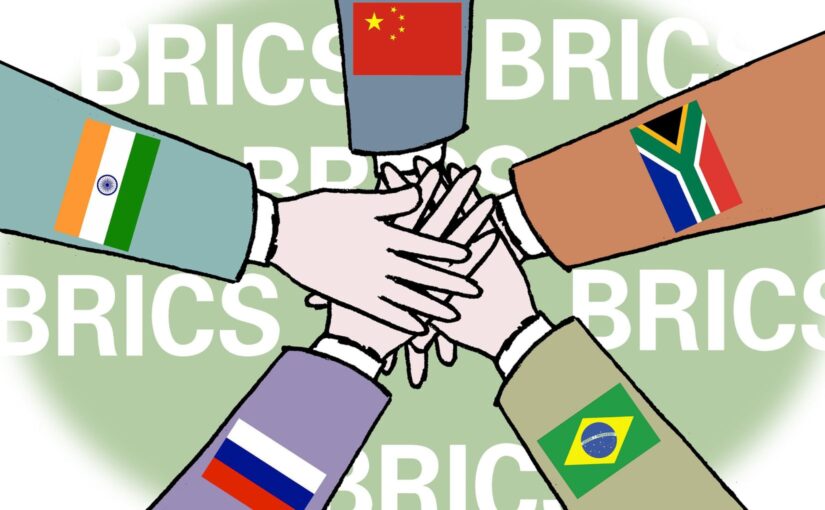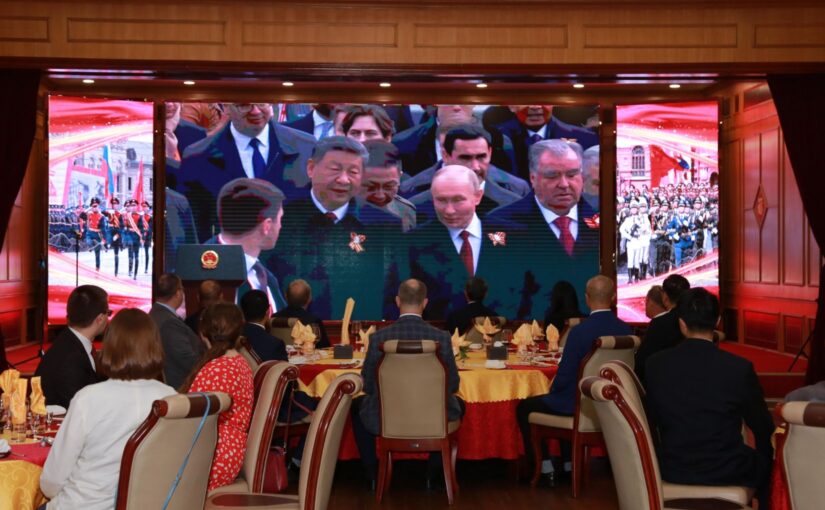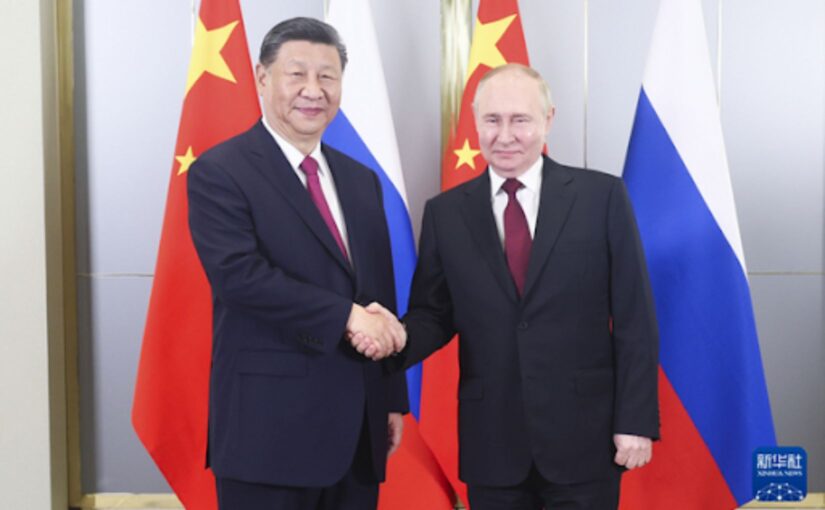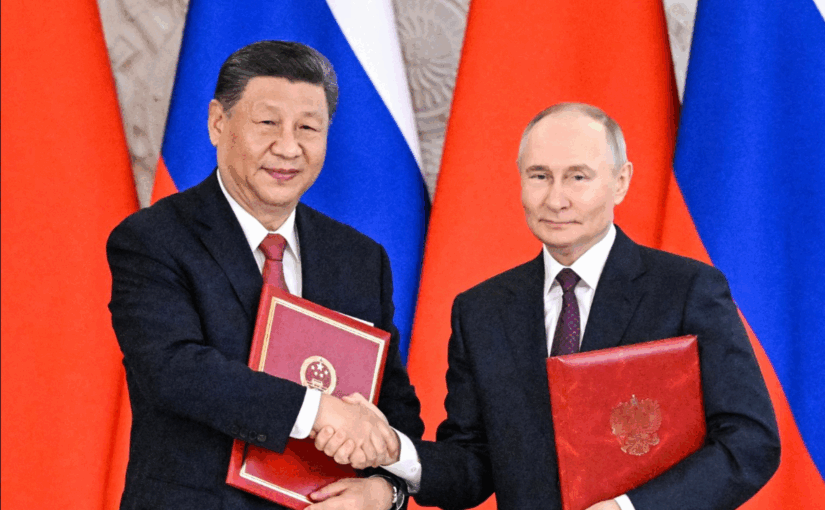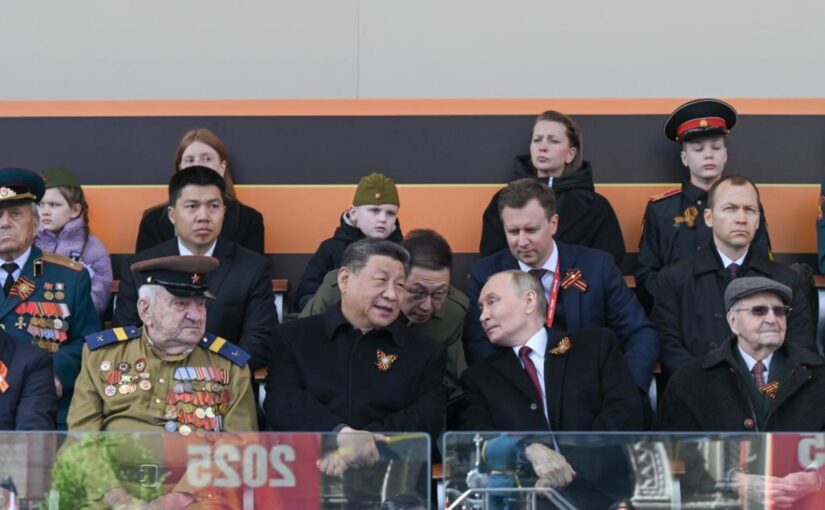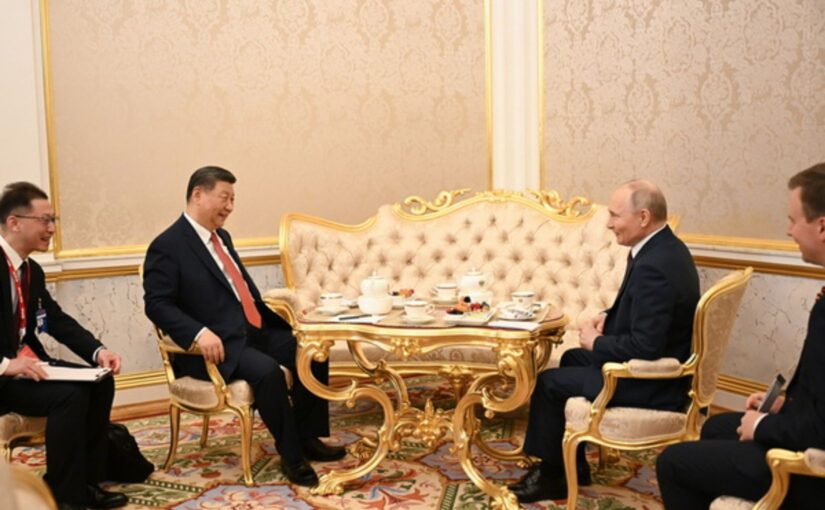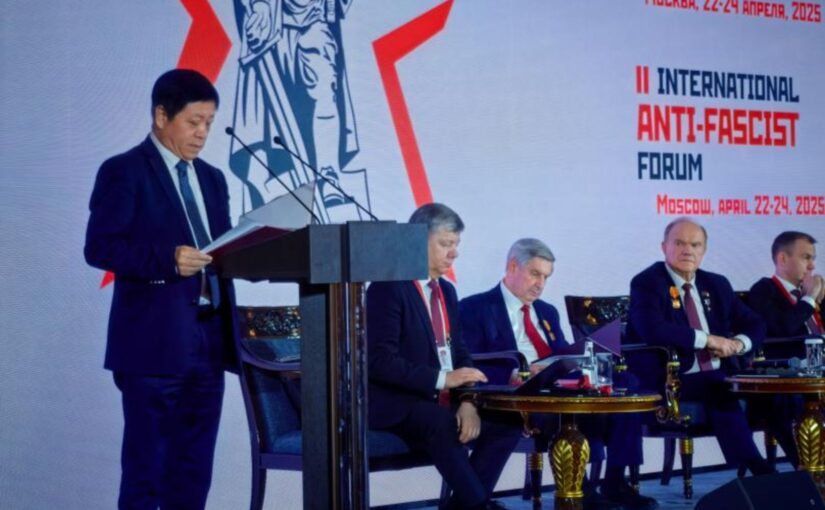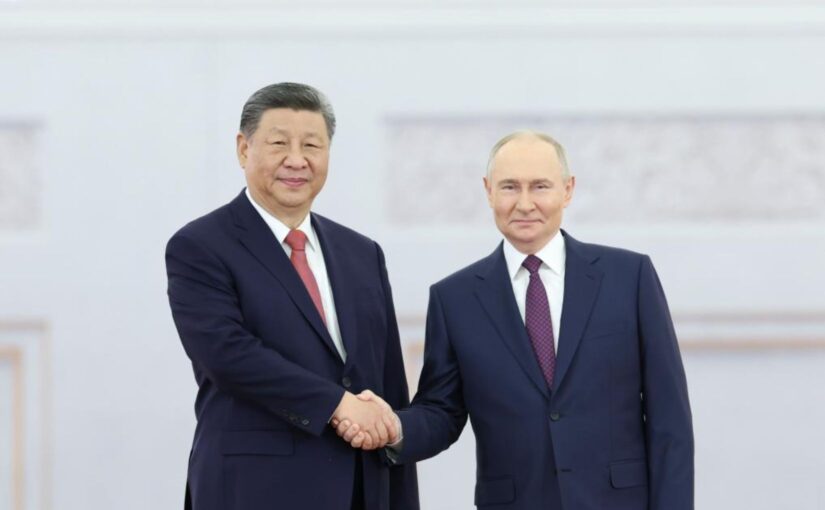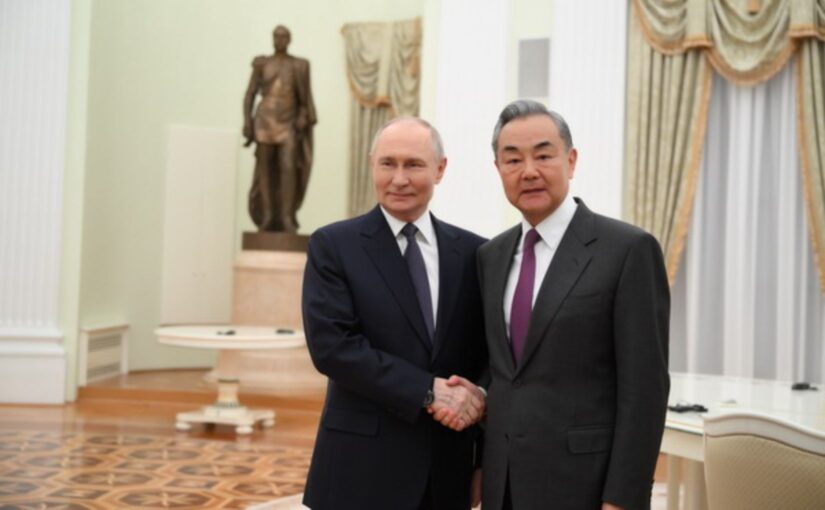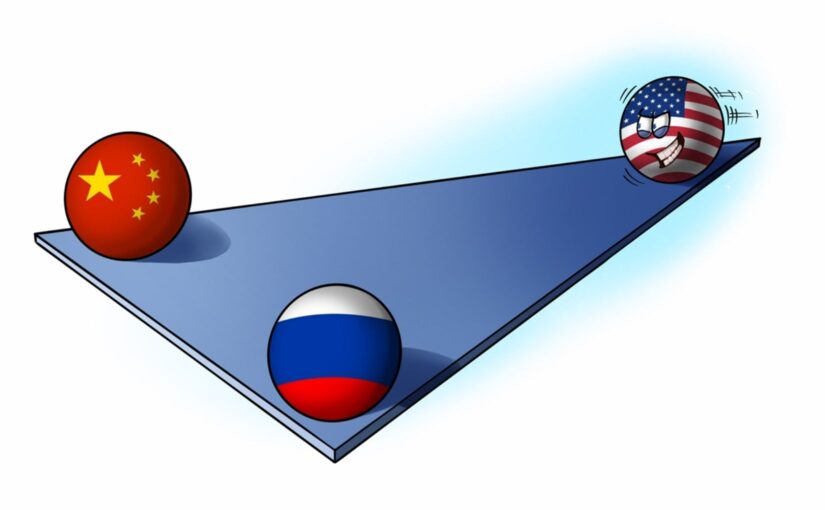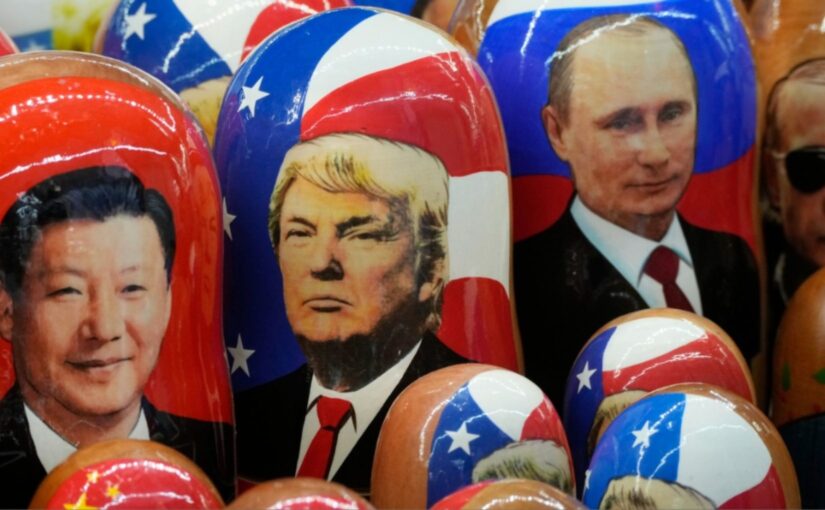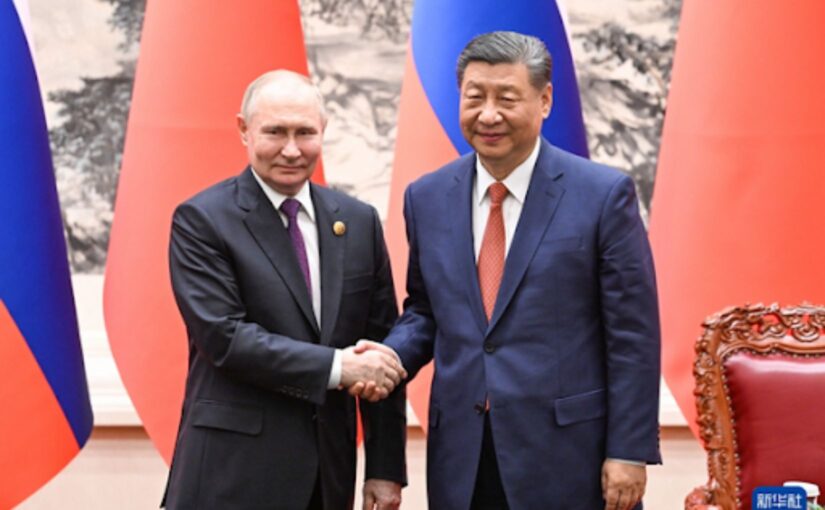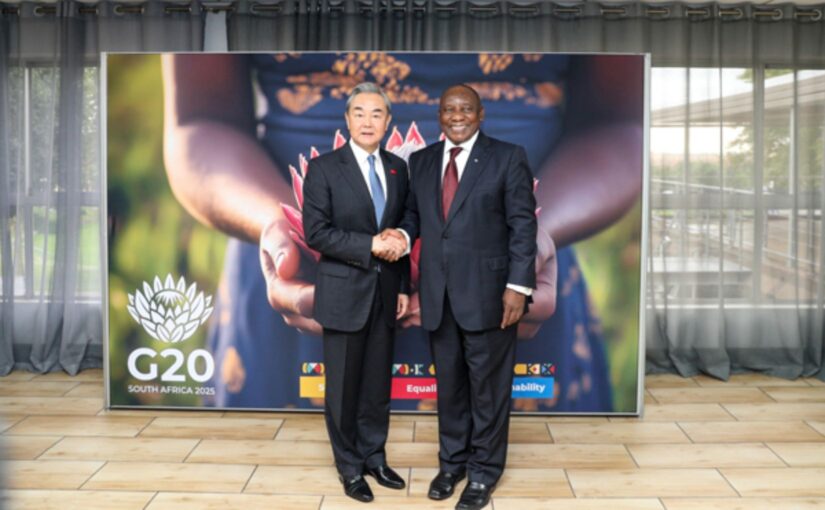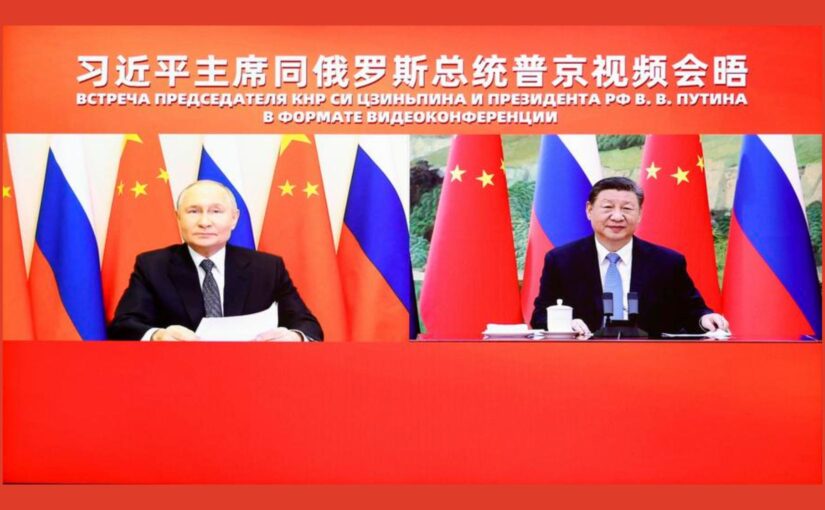In an unusual diplomatic coincidence, Chinese President Xi Jinping held separate conversations with Russian President Vladimir Putin and US President Donald Trump on February 4.
Xi Jinping first met with President Putin by videoconference.
The readout published by the Chinese Foreign Ministry said that President Xi extended sincere Spring Festival greetings to President Putin and the Russian people, and noted that today is the Beginning of Spring, one of the solar terms in the Chinese lunar calendar. It means the return of spring and signals a new start. He added that that over the past year, we met twice and steered China-Russia relations into a new stage of development. The two countries solemnly commemorated the 80th anniversary of the victory of the World Anti-Fascist War, demonstrating a firm resolve to defend the victorious outcomes of WWII and international fairness and justice. The Shanghai Cooperation Organisation (SCO) Tianjin Summit and the 24th meeting of the Council of Heads of Government of Member States were successfully held in China and Russia respectively. The two sides have increased multilateral coordination and stayed committed to building a more just and equitable global governance system.
President Xi noted that the first few weeks of the year have witnessed increasing turbulence around the world. As responsible major countries and permanent members of the UN Security Council, China and Russia are duty-bound to pool global efforts to firmly uphold fairness and justice, firmly defend the victorious outcomes of WWII, firmly safeguard the UN-centred international system and the basic norms of international law, and jointly maintain global strategic stability.
President Putin said that over the past year, Russia and China jointly commemorated the 80th anniversary of the victory of WWII, firmly safeguarded world peace secured with great sacrifice by the people of both countries and defended historical truth. Cooperation between the two countries in areas such as trade, energy, science and technology, and agriculture has deepened and achieved tangible results. People-to-people exchanges have grown closer, the China-Russia Years of Culture concluded successfully, and mutual visa exemption has facilitated travel between the two peoples. Looking ahead to the new year, Russia has full confidence in the bilateral relationship.
For its part, the website of the President of Russia released the text of the opening remarks of both leaders.
President Putin said: “I would like to personally wish Happy New Year 2026 to you and through you to the entire friendly Chinese nation. Please also accept my greetings on the Spring Festival, which will signal the beginning of the Year of the Fire Horse. As far as we know, this horse stands out by its strength, energy and determination to move ahead. This is also what makes the relations between our two countries so special.”
He added: “I believe that we properly celebrated the 80th anniversary of victory in World War II in Moscow in May and in Beijing in September. The fact that we did this together has demonstrated to the world our solidarity and Russia and China’s readiness to uphold historical truth and carefully preserve the memory of the heroism of our countries’ people, who sacrificed tens of millions of lives to restore peace on the planet.”
Xi Jinping said, among other things: “I would like to thank you for sending Comrade (Sergei) Shoigu to Beijing recently for consultations with Comrade Wang Yi on international and regional issues in preparation for our meeting. He has briefed me on the content of their discussions.” [See below.]
The Russian Presidency also released a commentary on the conversation by Presidential Aide Yury Ushakov.
He also noted that: “Consultations were held on February 1 in Beijing between Secretary of the Russian Security Council Sergei Shoigu and Director of the Office of the Central Commission for Foreign Affairs of the Communist Party of China Central Committee, Minister of Foreign Affairs of China Wang Yi. The heads of state discussed the information received following these consultations,” and added:
“I would like to emphasise that Xi Jinping was the principal guest in Moscow at the Victory Day Parade on May 9, while Vladimir Putin was the principal guest at the commemorative events in Beijing on September 3. Both Russia and China intend to continue upholding historical truth and preserving the memory of the heroism of our fathers and grandfathers in those harsh years.”
Continue reading Xi Jinping holds same day conversations with Presidents Putin and Trump